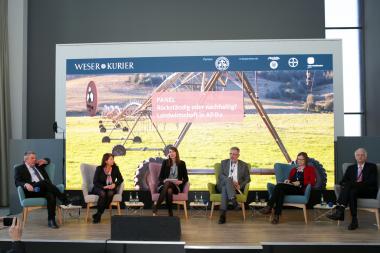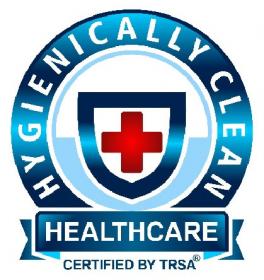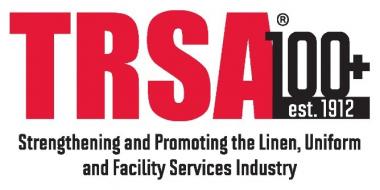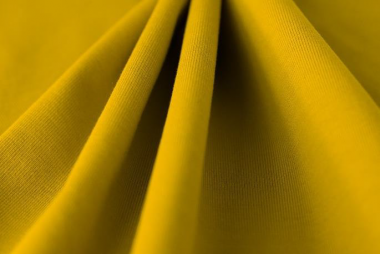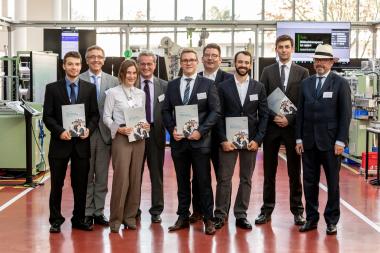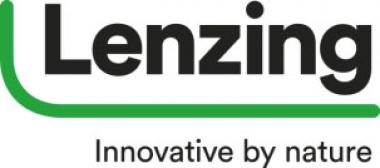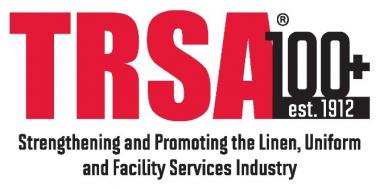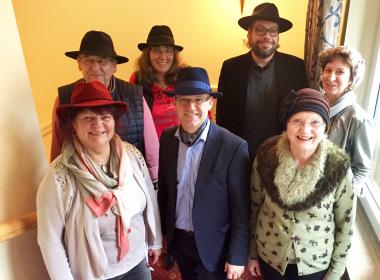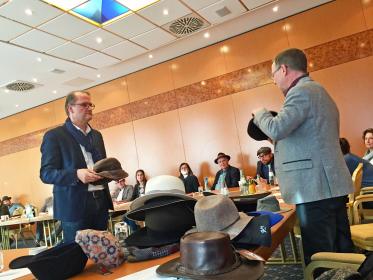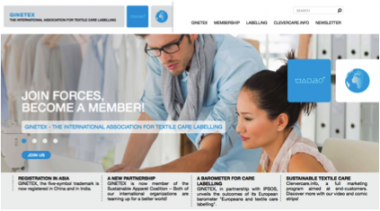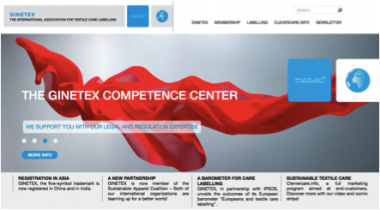SUSTAIN 2020 in the Run-Up to the International Cotton Conference
The conference on sustainability in production, trade and consumption will take a second round: On March 24, 2020, the Weser-Kurier’s conference SUSTAIN will take place in the run-up to the International Cotton Conference once more. The Bremen Cotton Exchange is again cooperating partner of this event. The theme “City and Change – the Future of the Textile Retail Trade” is on focus this year.
Shirt and trpousers or blouse and skirt – clothing is an instrument of expression, a social must and a major factor of consumption. Internet and debates on climate change have changed the indicators. On the one hand, textile online trade is booming, while local stores have come under pressure to an increasing degree and cities are on the search for new ideas. On the other hand, consumers increasingly ask for products considering aspects of fairness and ecology during production. Manufacturers and stores have to react. These subjects are on focus during the Sustain that takes place on Tuesday, March 24, 2020 in Bremen in the Glocke.
Exciting keynote speakers and panel guest from fashion, science and the textile industry
Sustain will feature outstanding speakers from the economy, politics and society discussing for instance the possibilities of new techniques in stationary retail trade, the compatibility of fair production with business interests of manufacturers as well as the question whether consumers are willing to pay the additional costs of sustainability. These are themes that influence the vitality of the cities just as the purchase decisions of the consumers.
Prof. Dr Niko Paech, Professor of Economics, Wolfgang Krogmann, Advisory Director Primark, Urs-Stefan Kinting, Managing Partner of the Zero Group, Model & TV Presenter Alena Gerber, Rolf Heimann, CEO Hessnatur Stiftung, Kai Falk, Managing Director Communication of the German retail association Handelsverband Deutschland and many others confirmed their participation.
Bremer Baumwollbörse


